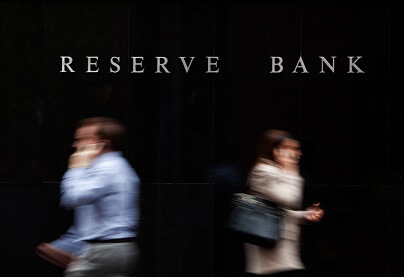
As was widely predicted by analysts, the Reserve Bank of Australia (RBA) has left the official cash rate on hold at its record low of 1.5%, marking one year since the cash rate last shifted.
The RBA’s decision to hold the cash rate comes a week after a surprise low inflation reading, with the consumer price index rising 0.2% in the June quarter, missing expectations for a 0.4% increase. This dragged the headline inflation rate for the year to June 30 to 1.9%, below the RBA’s target band of 2-3%.
In his official statement regarding August’s monetary policy decision, Governor Philip Lowe said the recent inflation data “were broadly as the Bank expected.”
“Both CPI inflation and measures of underlying inflation are running at a little under 2 per cent. Inflation is expected to pick up gradually as the economy strengthens,” Lowe said.
According to Tim Lawless, head of research at CoreLogic, with headline inflation tracking slightly below the 2-3% target range, labour markets tightening, and the economy continuing to grow (albeit at a pace below trend), the chances of a rate cut appear to have diminished.
“However, rate hikes may be some way off as well; recent declines in the US dollar and strengthening commodity prices have placed added pressure on the Australian dollar, which may reduce export demand. Financial markets indicate the cash rate won’t rise until late 2018,” Lawless said.
The housing market was likely a key topic of conversation when the RBA board met on Tuesday. “CoreLogic’s home value index showed a strong capital gain result in June and July, however the trend rate of growth suggests that the hottest markets, Sydney and Melbourne, have lost some steam after the first quarter of 2017. The slowdown in housing market conditions can also be seen in softer auction clearance rates relative to earlier in the year as well as higher inventory levels which is taking some of the urgency away from buyers.”
While the cash rate remains on hold, mortgage rates have been edging higher since late 2016, particularly for investors and interest-only loans. “Higher mortgage rates against a backdrop of record high household debt levels and record low rental yields are gradually taking some heat out of the housing market and this situation is likely to have a further dampening effect on investor exuberance as credit policies continue to evolve,” Lawless said.
Collections: Mortgage News


Share